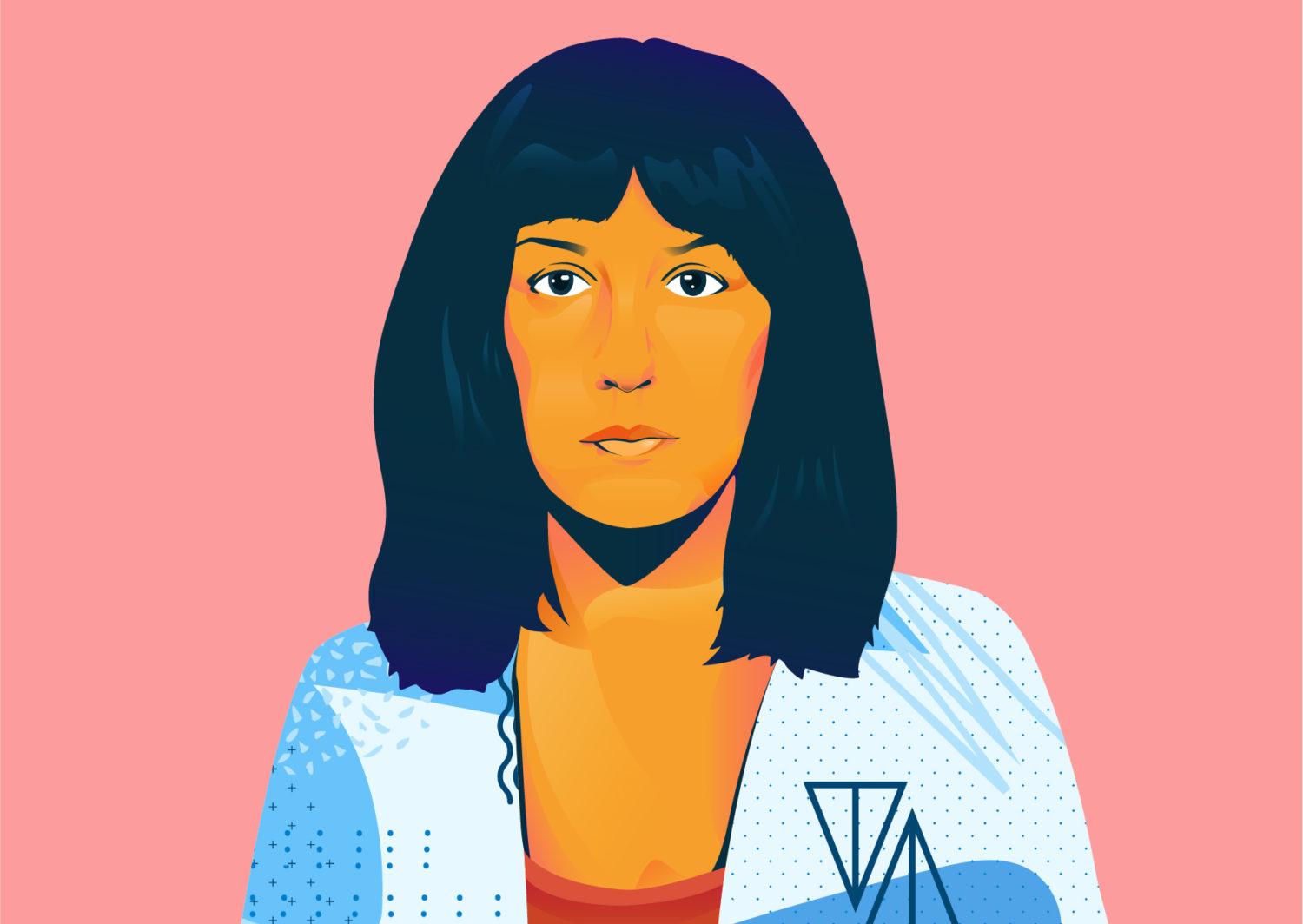Editor’s note: Yes, it’s true. We’re back! And as we work on a proper relaunch, we thought we would share with you the stories we didn’t get to publish before we went dark. As such, some of the references made here may be a bit dated. Nevertheless, we hope you enjoy our chat with Eve Babitz, one of L.A.’s most notable literary icons.
Los Angeles, it can be said, has gone through several iterations since the city began to take shape from a small farming outpost turned sprawling film set in the ’20s, to a raucous rising cultural epicenter in the ’60s. Now, L.A. is a city that constantly clashes against its own popular identity and those who know its multitudes.
Among those who truly know the city is Eve Babitz, perhaps L.A.’s most infamous and truest “It Girl,” who also happens to be one of the best documentarians and literary heavy hitters this city has churned out. If you are a seeker of books on and about Los Angeles, then you have undoubtedly fallen in love with her work.
Los Angeleno caught up with Eve in the before times for a quick chat about her favorite haunts and to discuss the city’s penchant for transformation.
Lauren: What neighborhood did you grow up in, and what was it like?
Eve: The heart of Hollywood, six blocks from Hollywood and Vine.
Lauren: What was the life you imagined for yourself growing up?
Eve: When I thought about “growing up,” I thought about a life of glamour and fun. But I don’t think I ever thought I would actually grow up. I wanted to be a spinster and I succeeded.
Lauren: You’ve lived a pretty colorful life! Of all the nights out you’ve had, which is your most notable?
Eve: Who can remember — there were so many!
Lauren: In the past, you’ve said that the L.A. you lived in doesn’t exist anymore. Can you elaborate on what “your L.A.” is? And what are the elements that make it so different now? What do you miss?
Eve: I miss being able to drive everywhere in 25 minutes because now it takes an hour to get anywhere. L.A. was a small city with a beach at the end of the road, and I could take the bus there as a kid! That’s what it felt like to me. Now, it’s a big international city, much like any other one … however, the beach is still at the end of the road! I can’t complain about losing “my L.A.” I tend to always feel like I am lucky, so I stay in gratitude.
Lauren: What are your favorite haunts? What restaurants, cafes, venues, streets to walk are your favorite?
Eve: My favorite haunts are pretty much the same, at least the ones that are left. Of course, Tower Records is long gone, and the clubs are different, the restaurants are different — except for Musso’s, Pink’s, Canter’s and El Cielito Lindo. I currently love a couple of restaurants on Melrose, but I am not going to give away their names. I haven’t been to the Polo Lounge in decades.
Lauren: Describe a quintessentially L.A. day for you.
Eve: For readers of my books, my L.A. days have been well documented. Forty, 30, 20 years later, my days are very different — much simpler! I still love talking on the phone, but I have fewer friends, and I go out less, but that’s my choice.
Lauren: What has kept you tethered to the city?
Eve: It’s my home. It’s where my sister and friends are, it’s where my history is. I do think about leaving, but I haven’t done it.
Lauren: What places have you gone to find solace in the city, to clear your mind?
Eve: I used to walk up Bronson Canyon and in the “Bird Streets” while reading a book. I still read constantly and rush over to the newsstand for the movie magazines. Now it’s seeing my friends, reading and going to AA meetings.
Lauren: Your work has had a revival in recent years. What is your view on why that is, and how do you feel about it?
Eve: I love the revival of my work. When I wrote my books, the life I described seemed quite normal to my readers. Now the 1960s, ’70s, ’80s and even ’90s seem exotic. The time seems like a land far away. Almost like a fairy tale. I am glad the millennials identify with me.
Lauren: From one Angeleno to another, what irks you most about the perception of our city?
Eve: I think a lot of people think you have to be beautiful and not too smart to live here, that we are bland and with no depth. That’s a mistake. All the best people live here!

